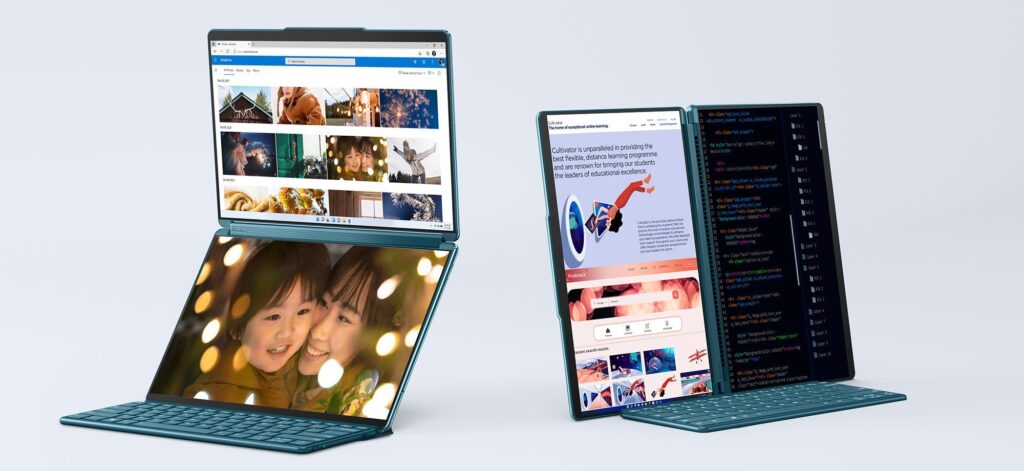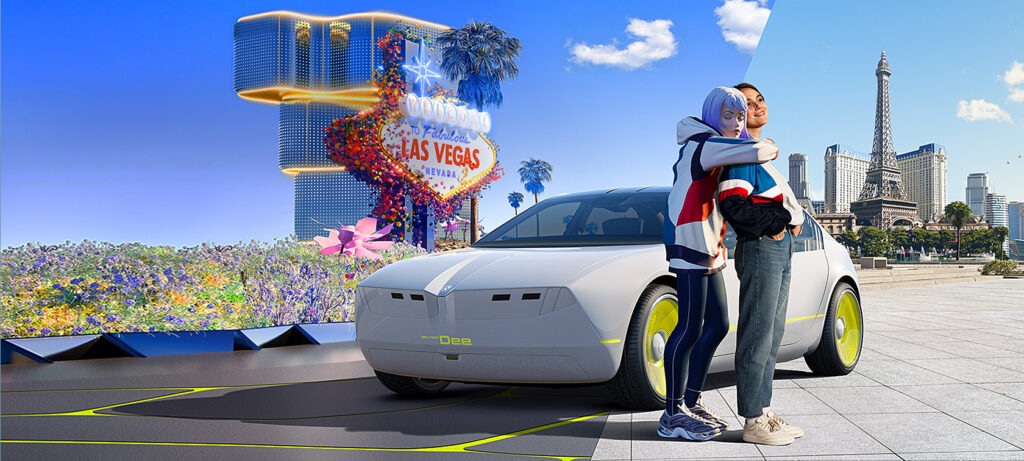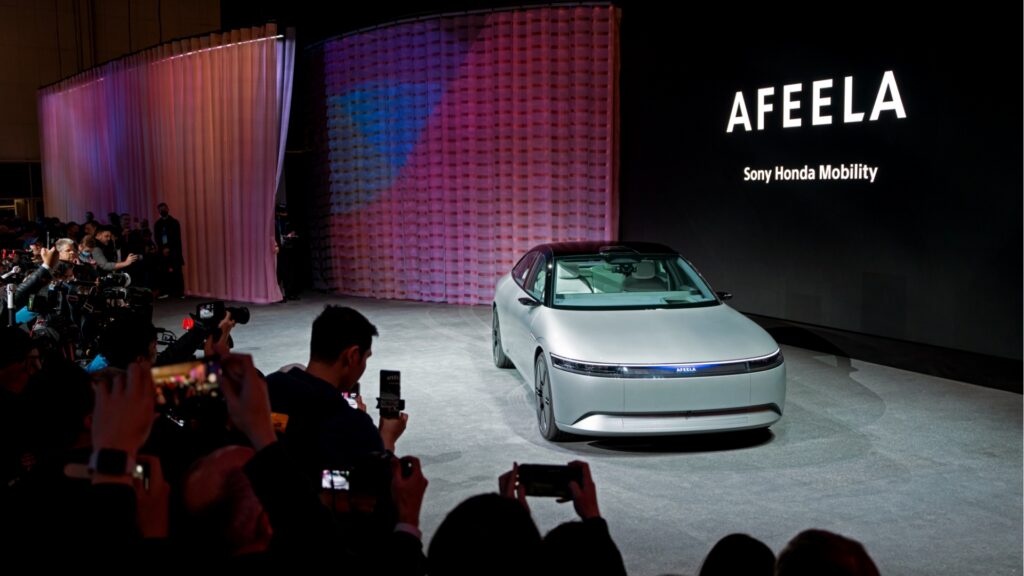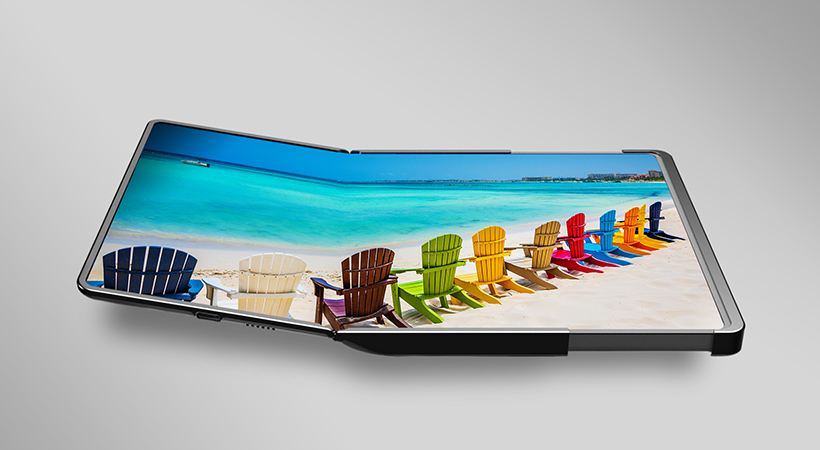Futuristic cars, sustainability and flexible devices were the trends
CES 2023: Fewer and fewer products, more and more technology. Fewer traces of the televisions, audio systems and smartphones that characterised previous years, with automotive taking centre stage and solutions aimed at environmental sustainability. After a two-year forced hiatus due to the pandemic, with the 2021 edition cancelled and the hybrid version between live and streaming in 2022 met with little success, the Consumer Electronics Show is back, shifting its focus to previously lesser-visited sectors that are now at the heart of the technology sector.
The 115,000 registered attendees, of which 40,000 came from outside the United States, according to the organisers’ figures, is nevertheless a vital number, together with the confirmation of the Las Vegas event for the next two years. The 2023 edition will also be remembered as the first time for the Metaverse, which had never before had a dedicated area (which also included Blockchain and Web3), showcasing sensory technologies for immersing oneself in interactive environments.
Beyond the dominant trends, among the more than 3,200 exhibitors, there was the usual roundup of devices, with the usual dividing line between those who develop useful objects to facilitate human activities and those who aim to surprise, risking showing off novelties between the ridiculous and the absurd. There was no shortage of PC monitors and TV displays, with LG, Samsung, Hisense, TCL and Panasonic showing off their respective models that they will be launching on the market in the coming months.




Samsung Display is the fellow queen of flexible panels, as demonstrated by the fourth generation of Galaxy Z smartphones launched in 2022, but also and above all by the sales of the displays to Sony, Apple and many other companies. More than products, Samsung unveiled a preview of a future in the consumer field for the Koreans that will be increasingly flexible. Bulky or pocketable depends on the needs because the devices shown by the Korean manufacturer change form factor depending on use. That is why in the end, Flex Hybrid, the screen capable of bending and stretching, is the most intriguing novelty.
Versatility plus power and autonomy are now key elements for many professionals who must choose what to buy to produce their content. This is why Lenovo continues to offer smart solutions that can change faces. With the Yoga Book 9i, the concept is taken to the extreme, as the two Oled screens joined by the hinge theoretically allow the device to be used in seven different modes, with the addition of a Bluetooth keyboard. There are details to be improved, as is to be expected at this presentation stage, but the Yoga Book 9i will arrive on the market in the coming months and cost more than $2,000.
The intersection of cars and technology is an increasingly central theme at CES every year. In 2023 will be remembered for Afeela, the first electric vehicle unveiled by the Sony Honda Mobility joint venture. The two Japanese companies showed a futuristic concept equipped with 45 cameras to monitor what happens inside and outside the car. There was a strong emphasis on multimedia, with detailed, real-time data displayed on the dashboard. Being only at the very early stage of the project, there is a lot of work, and the roadmap envisages the car being marketed in the United States from 2026



More than innovation, BMW seems to have been thinking about vanity because the i Vision DEE is a prototype that looks little at utility and a lot at the complacency of those who will eventually buy it. Few details on the motorised part of the vehicle, with much emphasis on the 240 E-Ink panels with which one can change the colour of the bodywork with a click. From what we have seen, it is challenging to think that these could be the future cars, at least not as of 2025 as the German manufacturer hopes. But never say never.
Among other curious objects, it is impossible not to mention Whitings U Scan, the urine sensor to be integrated into the toilet bowl that detects a series of parameters to assess the state of health. Little surprising is the eKinekt BD 3, Acer’s desk bike, designed to combat sedentariness while working at the computer. Ideal in theory for those who don’t have time for treadmills and gyms, it is the classic fairground object of unlikely success. Not least because it will cost $999. Commendable is the Hapta project by L’Oreal, which has created a portable computerised make-up applicator dedicated to people with limited mobility in their hands and arms, who will thus be able to apply make-up without difficulty.



